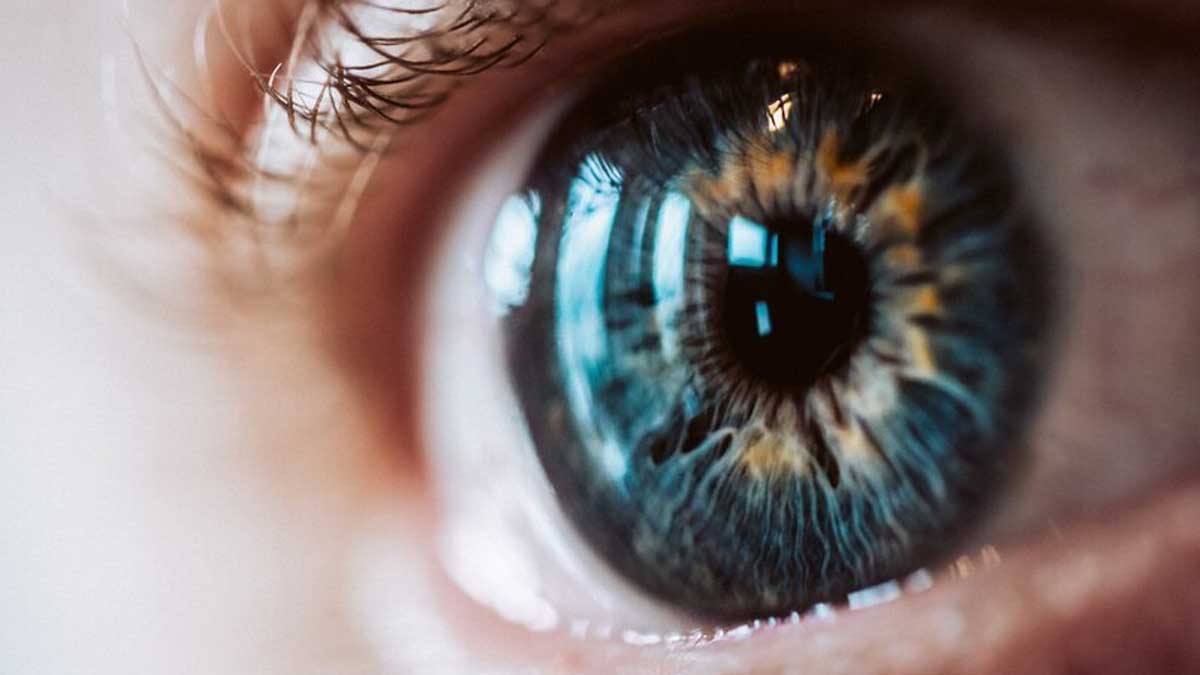
Your eyes can tell you about your heart and brain! The eye is your window to the soul, or so philosophers have told us! But what if the eye can help you understand your heart and brain better? Wouldn't that make the eye a window to your wellness?
Table of Content:-
"AI-powered integrated solutions for screening leading causes of retinal blindness such as Diabetic Retinopathy, Glaucoma, and Age-related Macular Degeneration. While our retinal solutions have positively impacted more than 10 million patients across the world, we are also exploring the potential of non-invasive retinal imaging predicting cardiovascular disease and neurodegenerative conditions like Alzheimer’s," said Dr Divya Rao, Medical Director, Remidio.
How Doctors Are doing it?
Fundus cameras are used to capture retinal images. The significant advances in technology in recent years have improved the accuracy and efficiency of ophthalmic imaging. One of the most notable advances is the development of non-mydriatic fundus cameras, which can capture high-quality images of the retina without the need for pupil dilation and have significant improvements in imaging resolution and speed.

Remidio’s Innovative solutions, Bengaluru, India have developed the world’s first portable handheld, smartphone-based non-mydriatic fundus on phone (FOP) NM-10 that is currently used by medical specialists such as Ophthalmologists, Diabetologists and General Physicians but also by non-medical specialists to take screening to the last mile.
Also read: 5 Eye Health Related Myths Debunked By Expert
In 2019, research says to develop an offline AI that does not require the internet for inference. The integration of artificial intelligence (AI) into fundus cameras allows the captured image to be analyzed by AI, which can then detect abnormalities in the retina. With the world’s first offline AI algorithm, Remidio developed AI solutions to screen for referable Diabetic Retinopathy, Glaucoma and Age-related macular degeneration.
Our patient-centric and patient privacy preserving AI underwent extensive real-world, prospective clinical validations to ensure its effectiveness beyond test datasets by collaborating with leading medical specialists, medical bodies, and institutions.
As we continue to deploy our technology solutions in primary care settings across 20+ countries, our clinical and AI research team led by an ophthalmologist decided to look beyond the eye and explore the potential of non-invasive retinal imaging to predict systemic diseases like cardiovascular and neurodegenerative conditions like Alzheimer's.
What similarity does the eye have with the brain and heart that aids technology in screening for systemic conditions?
The human eye is unique in being able to offer a non-invasive peek into the body's vascular and nervous systems, providing direct visualisation of neurons and blood vessels, a capability unmatched by any other organ.
This uniqueness of the eye is pivotal to our research at Remidio! And as we know, cardiovascular diseases are a group of disorders affecting the heart and blood vessels! Cardiovascular diseases are the leading cause of death worldwide, responsible for approximately 17.9 million deaths annually, which accounts for 32% of all global deaths. Therefore, early identification and management of risk factors is essential to prevent these diseases and reduce their impact on global health.
There are several validated risk calculators to predict cardiovascular risks using traditional risk factors. While they are effective for assessing risk at the population level, they have poor discriminatory ability to provide accurate personalised risk scores. On the other hand, CT-Coronary Calcium scores, a powerful risk assessment tool in developed countries, are costly, need specialist interpretation, and can't be used outside diagnostic centres, making them unscalable. Similarly, early detection techniques for Alzheimer’s involve invasive procedures or use of radioactive isotopes for PET brain scans making them cumbersome and complex.
Also read: 5 Signs Eye Health Is Related To Mental Health
These challenges steer the need for a non-invasive, affordable, scalable yet accurate tool that is powered by AI to take screening out of an office into the community, closer to the patients.
Remidio is now in the process of developing a novel automated deep-learning model to be integrated with our fundus camera for the assessment of cardiovascular disease risk based on retinal vascular changes observed in images.
How can AI help the Indian healthcare ecosystem?
The WHO Global Health Estimates list ischemic heart conditions as the leading cause of death globally, while Alzheimer's disease and other dementias rank seventh.
An easy-to-use integrated solution that provides non-invasive screening and can be transported to remote locations in India could empower healthcare providers to intervene early and offer appropriate treatment, potentially improving the nation's health outcomes. This would allow medical specialists more time to manage complex cases and increased referrals, and to engage their patients better, leading to improved patient compliance. This is the vision we at Remidio are nurturing, and we are committed to leading the way toward healthier communities.
Also watch this video
How we keep this article up to date:
We work with experts and keep a close eye on the latest in health and wellness. Whenever there is a new research or helpful information, we update our articles with accurate and useful advice.
Current Version